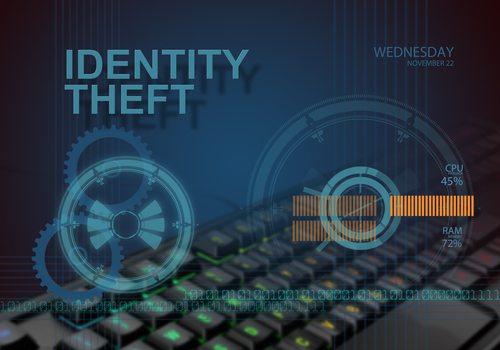Identity fraud hit an all-time high, with almost 175,000 cases in 2017, according to a new report from Cifas that was released today. Lisa Baergen, Director at NuData Security, a Mastercard Company commented below.
Lisa Baergen, Director at NuData Security:
 “Financial fraud offers a lucrative source of income for cybercriminals, with 4.7 million fraud incidents last year. With such tempting promise of high reward and low prosecution rates, emboldened cybercriminals and have grown in their sophistication, exploiting the human-interest factor by posing as banks or suppliers and then duping consumers into revealing their personal details. These scams have also proved effective in targeting commercial organisations, as senior executives have been tricked into revealing sensitive information which enables access to a company network.
“Financial fraud offers a lucrative source of income for cybercriminals, with 4.7 million fraud incidents last year. With such tempting promise of high reward and low prosecution rates, emboldened cybercriminals and have grown in their sophistication, exploiting the human-interest factor by posing as banks or suppliers and then duping consumers into revealing their personal details. These scams have also proved effective in targeting commercial organisations, as senior executives have been tricked into revealing sensitive information which enables access to a company network.
All forms of identity fraud are appallingly high in the UK and the damage inflicted on the public continues to grow. Unless the UK wants to see these rates climb ever higher, institutions, governments, and private companies must take these threats as seriously as other forms of crime. Multi-layered solutions are available now in the marketplace that can help mitigate much of this type of cyber fraud. Organisations that transact online, such as banks, eCommerce stores, travel agencies and other vendors can take a more nuanced approach to authentication by evaluating as much contextual information about customer’s interactions as possible to determine if it truly is the right user. Multi-layered technology that includes passive biometrics and behavioural analytics can distinguish good from bad users even when new devices and correct credentials are used because they rely on a different set of data – the customer’s behaviour. Removing the value of stolen credentials from the hands of criminals can re-balance the online identity proofing environment for consumers and organisations.
The increasing volume of attacks globally has also been attributed to more fraudsters willing to commit the crime, more data available on the black market, and more financial institutions and merchants that are vulnerable to attacks. To combat these types of attacks, consumers should always report emails to their banking provider. No legitimate organisation will ask for security or banking details through email, so consumers need to be suspicious of any email that requests this information.
Meanwhile, there are steps that consumers can take to help secure themselves:
- Shop with well-known companies online or use safe payment systems to avoid providing your payment details directly to an unknown merchant.
- Use a strong, unique password at every site and make sure to change your passwords regularly.
- Don’t use public computers or free, unencrypted Wi-Fi to conduct financial or retail transactions or interactions.
- Don’t fall victim to email and phone scams; where a consumer receives a call from “their bank” asking for personal or financial account information. If it looks too good to be true, it most likely is. When I doubt, call the bank directly, based on the number printed on the back of your card, or on a recent statement.
The opinions expressed in this post belongs to the individual contributors and do not necessarily reflect the views of Information Security Buzz.



